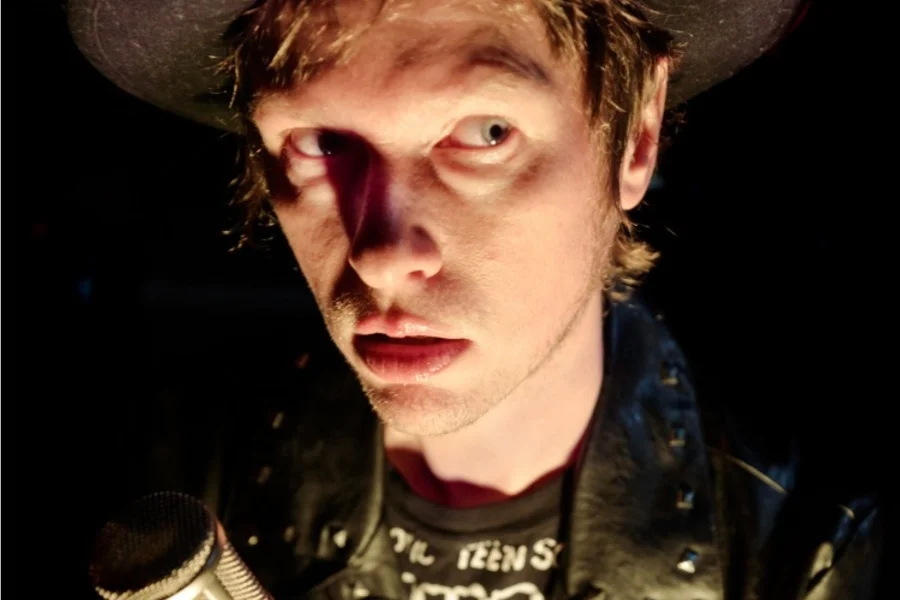Vivendi condemned as “indecent” the contract terms between its Universal Music Group (UMG) unit and Apple Inc, the computer maker whose iTunes online store dominates the digital music market. Vivendi is one of many large media companies that are trying to challenge Apple’s grip on the digital entertainment market and obtain more control over pricing. It said it was in talks with rival distributors.
“The split between Apple and (music) producers is indecent… Our contracts give too good a share to Apple,” Vivendi Chief Executive Jean-Bernard Levy told reporters at a gathering on Monday organized by the association of media journalists in France.
At present, UMG, the world’s largest record company, gets 0.70 euro ($0.99) out of the 0.99 euro retail price charged by iTunes, Vivendi said.
Among other things, Levy called for the remuneration of a new release to be higher than for a 30-year-old classic. “We should have a differentiated price system,” he said.
UMG renews its music distribution contracts with Apple every month after having failed to agree a longer-term arrangement earlier this year.
The music publisher can end its contract with Apple at one month’s notice, but Levy declined to say whether UMG was ready to bypass Apple altogether.
“We are in a phase during which many different actors are talking to each other … We are trying to put in place several projects to ensure that music is better remunerated … We are not just talking to Apple,” he said.
In August, NBC Universal, a unit of General Electric, decided against renewing its contract to sell television shows on iTunes and this month reached a deal to sell TV downloads to online retailer Amazon.
ARTIST’S IMAGE
Commenting on the outlook for revenues at UMG, Levy said:
“At constant exchange rates, we should probably be stable again in 2007.”
Fleshing out UMG’s strategy, Levy said it planned to focus on better exploiting the “monetization of an artist’s image” which included branded clothes and TV shows.
“This is what we hope will revive our business,” Levy said.
“People indulge in piracy but spend a lot of money on many other things that are linked to an artist.”
Levy forecast that “in the not so distant future,” traditional music products such as DVDs and CDs would make up less than 50 percent of music publishing revenues.
At the half-year stage, digital music sales made up 15 percent of UMG’s total music revenue.
Separately, Levy said Vivendi expects the profitability of its pay-TV group Canal Plus to improve in 2007, excluding restructuring costs.
“We hope to generate, excluding restructuring costs, an EBIT margin of above 7 percent this year” at Canal Plus, Levy said.
In 2006, Canal Plus’s earnings before interest and taxation (EBIT) reached between 4 and 5 percent of revenue, on a comparable basis excluding restructuring costs.
Levy said Canal Plus aimed to reach an operating margin of 20 percent by 2010, matching the level of British rivals and narrowing the gap with U.S. peers with margins near 30 percent.
“To get there, we need savings and particularly in (TV) content,” Levy said, adding that Canal Plus planned to cut 200 to 250 million euros in TV content costs, which now hovered around 2 billion euros annually.
But Levy acknowledged that competition for good TV content such as film or sports rights remained high, particularly against new entrants such as France Telecom which he described as a “semi-public company” with deep pockets.
Vivendi shares closed down 1.2 percent at 29.74 euros.





























